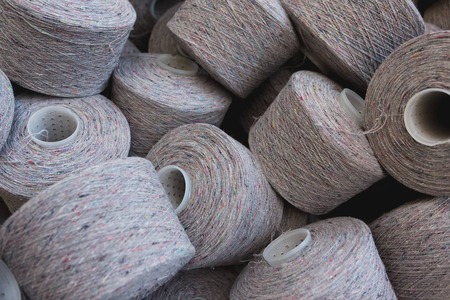
Canopy calls for investment to position India in alternative fibers market
YarnsandFibers News Bureau 2024-09-17 17:24:55 – IndiaGlobal non-profit Canopy has unveiled a significant opportunity for India to spearhead the global alternative fibre industry, urging a $13-15 billion investment to transform agricultural and textile waste into sustainable, low-carbon materials. This move aims to cut emissions and create green jobs, positioning India as a leader in the sector.
In its latest report, “Unlocking India’s Next Gen Economy: The Untapped Investment Frontiers in Material Substitution in India’s Textile and Pulp and Paper Industries,” Canopy emphasizes India’s potential to convert over 100 million tonnes of agricultural residues and two million tonnes of polyester-cotton textile waste into eco-friendly materials like paper, packaging, and viscose. The report, launched at the Prabhav 2024 investment forum hosted by the India Impact Investors Council (IIIC), highlights how these next-gen fibres can replace forest-based products, supporting the country’s circular economy and reducing carbon emissions.
Nicole Rycroft, founder and executive director at Canopy, noted that India possesses the necessary ingredients—abundant feedstock, technical expertise, and a culture of innovation. However, achieving this vision requires targeted investment, industry collaboration, and government support.
Canopy estimates that to drive the global production of 60 million tonnes of next-gen fibres over the next decade, $78 billion in global capital is needed. Of this, India would require $13-15 billion to develop the necessary processing capacity. This investment could not only reduce greenhouse gas emissions but also provide alternative livelihoods for farmers and create green jobs.
The shift to low-impact fibres could significantly mitigate environmental challenges, with Canopy estimating a reduction of four tonnes of greenhouse gas emissions for every tonne of primary forest use replaced by these fibres. Furthermore, it could address supply chain volatility and environmental degradation issues.
Market Intelligence
Ask for free sample Report

experience
Customer Base
dedicated team
Countries Served Worldwide









